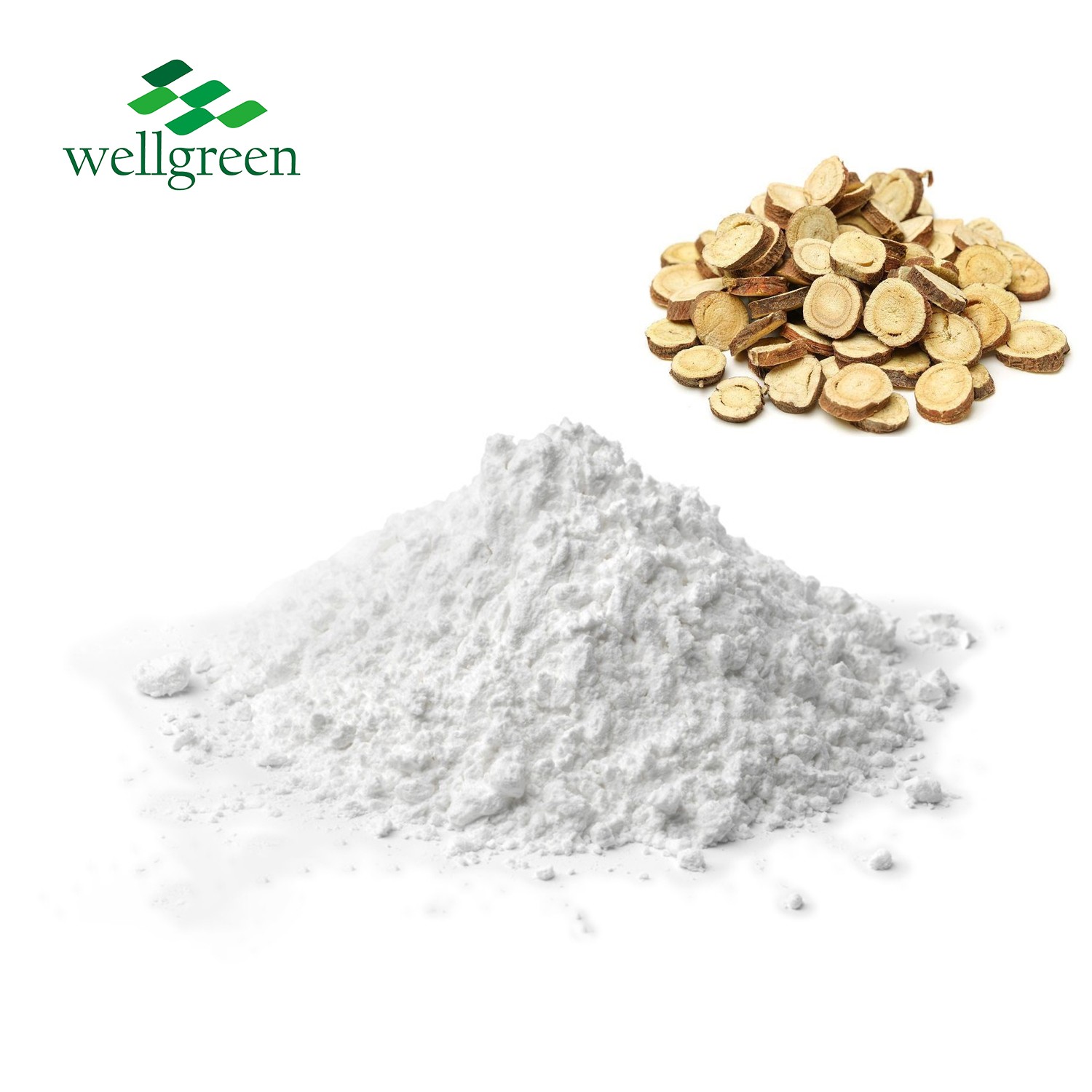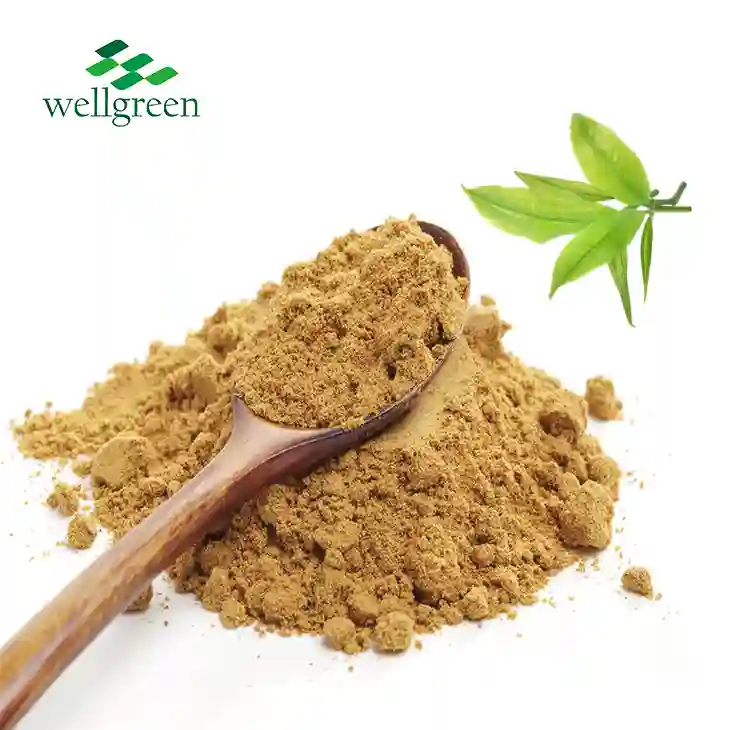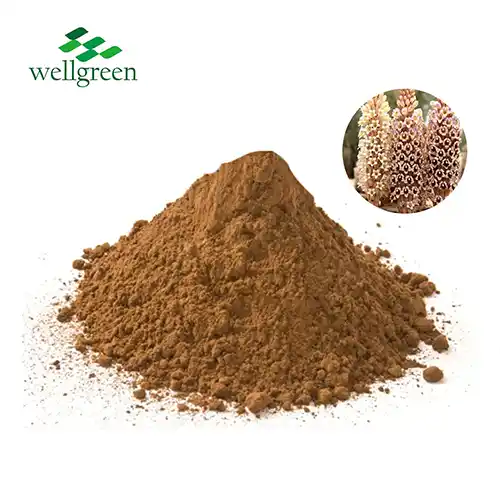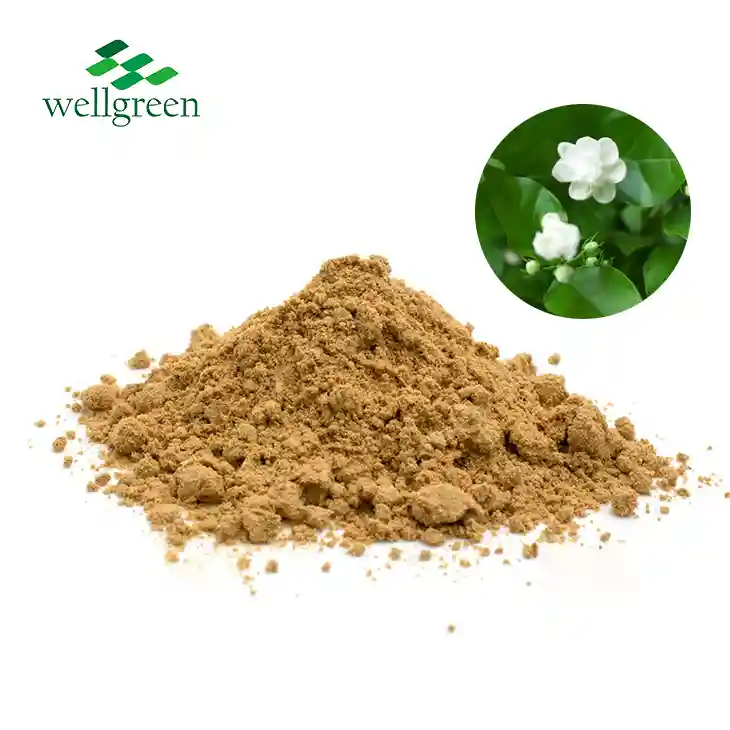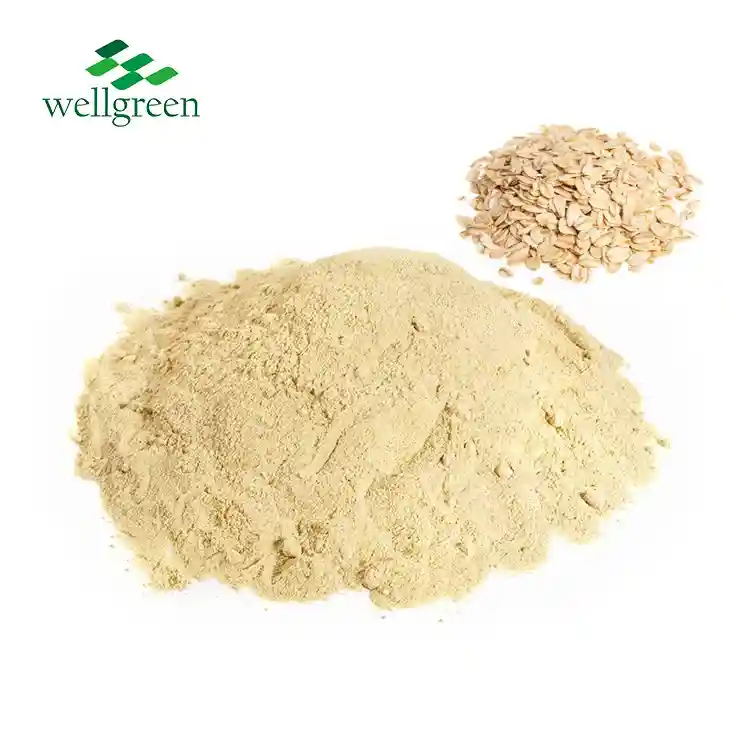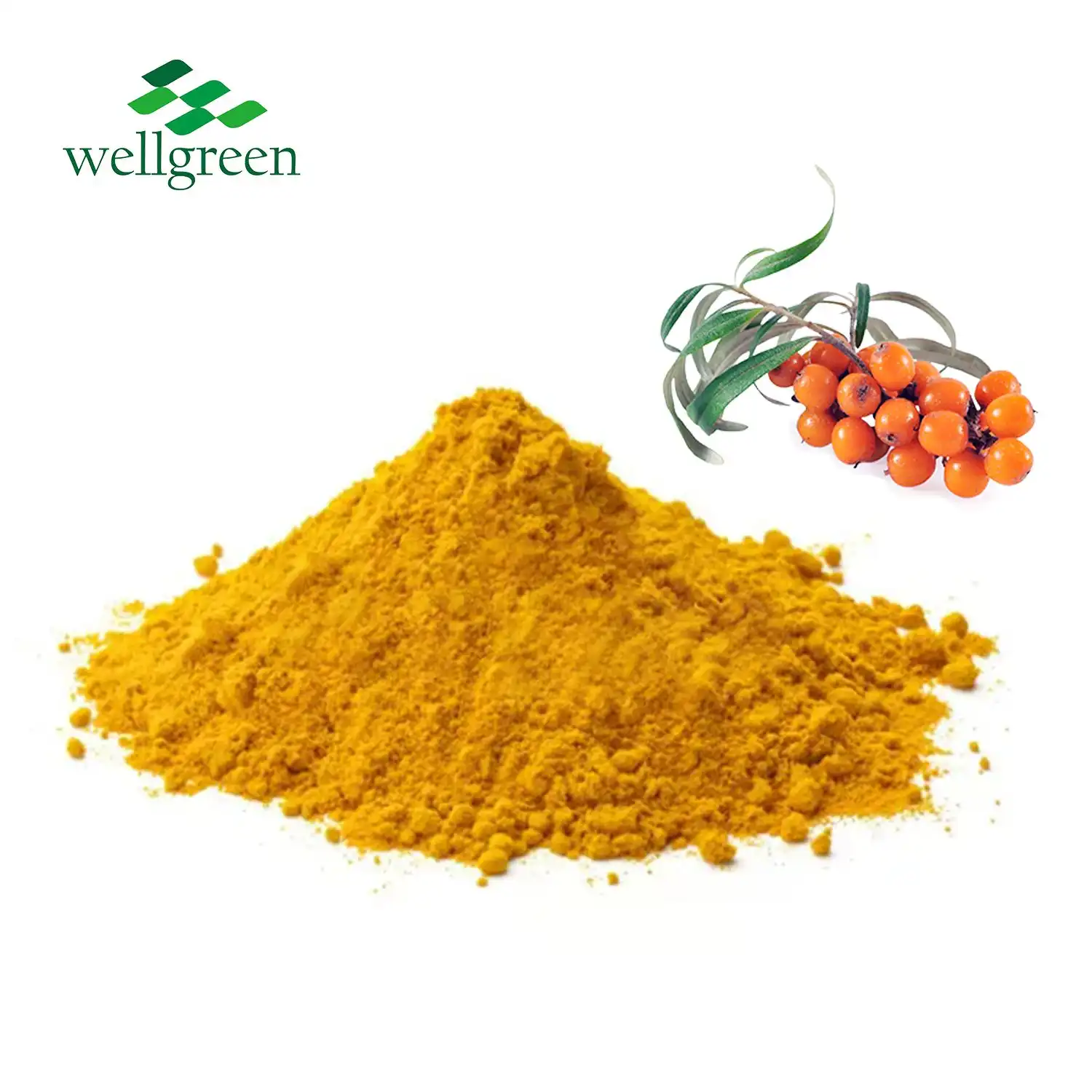What does leek do for the body?
2024-08-22 14:11:32
Leeks and Their Health Benefits
Leek Seed Extracts, which are related to garlic and onions and the robust Allium genus, are a versatile vegetable. Leeks are a famous fixing in a wide assortment of dishes, including soups, stews, mixed greens, and side dishes. They have a distinct flavor that is sweeter and milder than that of onions. They are effectively recognizable due to their lengthened, hollow, and round shape as well as their layered structure, which sets them apart from other members of the Allium family.
Nutritional Profile of Leeks

It is important to pay attention to leeks, a nutrient-dense superfood that is frequently overlooked in favor of flavors that are more prevalent in the Allium family. Despite their low calorie content, leeks give a rich group of central enhancements that add to a fair eating normal and extraordinary prosperity.
Leeks contain vitamin A, which is essential for legitimate cell development, great vision, and a solid safe framework. The safe framework is upheld, collagen creation is supported, and unsafe free extremists are killed by L-ascorbic acid, a cell reinforcement. Leeks contain a ton of vitamin K, which is significant for blood coagulating and the digestion of bone, making them really great for the cardiovascular framework and bone wellbeing.
The presence of minerals like iron, which is huge for the making of hemoglobin and the transportation of oxygen in the blood, and manganese, a principal minor part that expects a section in bone development and cell support capacity, further overhauls the dietary advantage of leeks. These supplements complement one another to support various bodily functions and improve overall health.
Leeks also contain a number of other vitamins and minerals that help maintain health, albeit in smaller amounts. Leek seed extracts contain dietary fiber, which can assist with keeping up with solid glucose and cholesterol levels as well as help in absorption and stomach wellbeing.
Antioxidant Properties
Leeks provide the body with a formidable defense against the damaging effects of free radicals due to their high antioxidant content. These tiny molecules can build up and cause oxidative stress, which damages cells and contributes to the development of chronic diseases, despite being a natural byproduct of various metabolic processes.
The malignant growth avoidance specialists found in leeks, including supplements A, C, and K, close by various phytochemicals, work synergistically to kill these disastrous free radicals. As a result, they help to protect cells from harm by lowering the oxidative pressure that can cause a variety of health issues.
The bet of relentless afflictions, for instance, coronary sickness and illness can be brought somewhere around keeping an eating routine rich in cell fortifications. Coronary sickness, explicitly, benefits from the protective effects of cell fortifications, as they can help with preventing the oxidation of LDL cholesterol, which is a basic think about the improvement of atherosclerosis. Infection countering is another area where cell fortifications accept a fundamental part, as they could quell the advancement of harmful development cells and lessen aggravation, which is regularly associated with malignant growth improvement.
Additionally, the fiber in leek seed extract aids the body's detoxification processes by assisting in the elimination of waste products and potentially harmful substances. Because of the way that a more successful detoxification cycle can help with diminishing the impacts of free revolutionaries on the body, this adds to the general cell reinforcement impact of leeks.
Supports Digestive Health
Due to their high fiber content in the diet, leeks are essential for promoting and maintaining a healthy digestive system. Dietary fiber, frequently alluded to as the "roughage" in food, is known for its capacity to direct defecations by adding mass to the stool, making it gentler and more straightforward to pass. This activity can be especially gainful in forestalling blockage, a typical stomach related problem that many individuals face.
Additionally, the fiber in leeks encourages the development of beneficial gut bacteria, which are necessary for a healthy microbiome. A solid stomach microbiome is related with an assortment of medical advantages, including areas of strength for a framework, further developed processing, and, surprisingly, emotional well-being support. These beneficial bacteria ferment dietary fiber to produce short-chain fatty acids (SCFAs), which nourish the colon cells and reduce inflammation.
Dietary fiber is important for gut health, but it can also help people lose weight by making them feel full, which may help them consume fewer calories overall. Those who want to control their weight or keep a healthy diet can benefit from fiber's satiety effect.
Moreover, an eating routine wealthy in fiber has been connected to a decreased gamble of creating type 2 diabetes, coronary illness, and specific kinds of disease. The manner in which fiber dials back the assimilation cycle can assist with balancing out glucose levels and lower cholesterol levels, adding to in general cardiovascular wellbeing.
Heart Health
The bioactive compound known for its potential health benefits, particularly in relation to cardiovascular health, is well-known for its high allicin content in leek extracts, which are members of the Allium family. Allicin, a sulfur-containing compound, is delivered when leeks are slashed or squashed, starting the natural movement that makes this vegetable a force to be reckoned with for heart wellbeing.
Allicin has significant effects on lowering cholesterol because high cholesterol levels can cause plaque to build up in the arteries, which increases the risk of heart disease. By possibly lessening the degrees of low-thickness lipoprotein (LDL) cholesterol, frequently alluded to as "terrible" cholesterol, allicin may assist with keeping up with sound veins and abatement the probability of atherosclerosis.
Additionally, the anti-inflammatory properties of allicin aid in the management of chronic inflammation, a factor in numerous cardiovascular diseases. The arterial walls can be damaged by inflammation, which can lead to heart conditions. The ability of allicin to reduce inflammation may help safeguard the cardiovascular system as a whole.
Allicin has anti-clotting properties in addition to its anti-inflammatory properties. Blood clusters can deter blood stream and lead to serious cardiovascular occasions, for example, coronary failures or strokes. Allicin's capability to restrain cluster development can be an important resource in forestalling these hazardous episodes.
Anti-inflammatory Properties
Kaempferol, a flavonoid with anti-inflammatory properties, can be found in leeks. Kaempferol-rich foods may help reduce body inflammation, which is linked to chronic diseases like diabetes and arthritis.
Cancer-Fighting Potential
A few examinations recommend that the mixtures in leek extracts might have hostile to malignant growth impacts. In studies conducted in a test tube, for instance, it has been demonstrated that allicin prevents the growth of cancer cells. However, these findings need to be confirmed by additional research.
How to Incorporate Leeks into Your Diet
Leeks can be utilized in different dishes to add flavor and sustenance. They can be chopped and sautéed, incorporated into stews and soups, or garnished. Have a go at integrating leeks into your eating routine to exploit their numerous medical advantages.
Conclusion
In conclusion, leeks are a nutritious vegetable that can offer several health benefits. They are rich in vitamins, minerals, and antioxidants, and may help reduce the risk of chronic diseases. Consider adding leeks to your diet to boost your overall health and well-being.
For more information about the benefits of leeks, please contact us at wgt@allwellcn.com.

